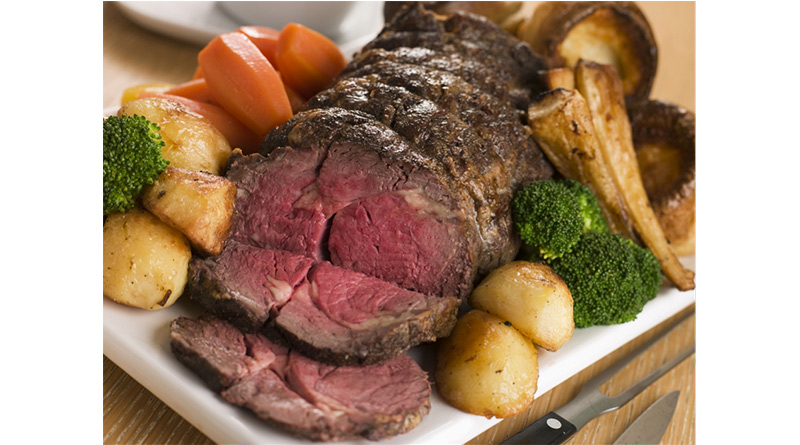Hospitality Sector Warned “Avoid Surprises This Christmas”

Hospitality operators can avoid nasty surprises this Christmas, in the form of unexpected food and drink shortages, through better buying discipline and close communication with suppliers, says Purchasing.
“The challenge in the supply chain currently as that as soon as one gap is plugged, another one opens somewhere else,” says Lynx Purchasing managing director Rachel Dobson. “For example, there were fears of a turkey shortage as British producers deal with labour shortages and the problems with CO² supply, but it now looks like suppliers will be able to meet demand through imports.
“However, there are similar issues facing producers of beef, pork, salmon and other staples of festive menus, and it’s not always clear exactly where and when shortages will become an issue.
“What is apparent is that inflation is already having an impact. Figures from the Office of National Statistics showed restaurant prices paid by customers were up 5.9% year-on-year in September, as operators passed on their higher buying costs.
“Every food and drink product operators buy, as well as essentials such as equipment, disposables, cleaning & hygiene, workwear and packaging, is affected by higher costs to some extent.
“While there’s no way to avoid the impact of rising prices entirely, as always there are ways to make the best of a challenging market.” Advice to operators from Lynx Purchasing includes:
- Keep talking to suppliers so there are no sudden surprises in terms of demand or availability;
- Ensure that core ingredients are in freezers and dry stores, in order to keep the widest possible selection of dishes on the menu;
- Order early, on a day 1 for day 3 delivery basis rather than next day, and be aware that Mondays and Fridays are suppliers’ busiest delivery days;
- Order in the morning to give suppliers a better chance to fulfil demand rather than leave it until the cut off time.
Dobson adds: “Sadly, this is not going to be the best Christmas for operators who like to use particular cuts in dishes or highlight provenance on their menus. The best advice currently is to keep descriptions flexible, whether it’s the dish of the day or the house wine, and work with suppliers to get the best, in terms of quality and value, from what’s available.
“Forecasting is always a challenge, and especially when many customers are cautious about committing to spending, but the sooner operators can confirm orders, the easier it will be for suppliers to meet demand.”
